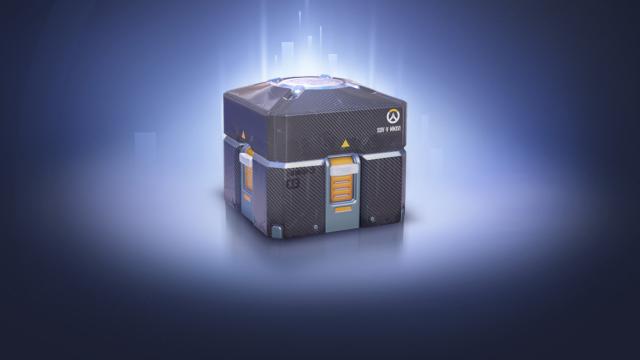Loot boxes have been plaguing video games for years, luring gamers into spending money on random digital prizes. However, for gamers in the U.K., this practice could take a hit following a new investigation that could reclassify loot boxes in video games as gambling.
As an example of how influential loot boxes have become, in Q4 2019 alone, EA made nearly a billion dollars from microtransactions in games like FIFA 19, Star Wars Battlefront 2, and others, with a large part of that coming from loot boxes. And it gets worse when you consider that the $US993 million ($1.4 billion) EA’s Live Services raked in ” which is what revenue from EA’s microtransactions falls under ” accounted for just over 60 per cent of EA’s total revenue of $US1.59 billion ($2.26 billion) in Q4 2019.
So to help protect children from the lure of loot box-based microtransactions and possibly becoming addicted to gambling, the Guardian reports that the U.K.’s Department for Digital, Culture, Media, and Sport has launched a new investigation this week that could potentially ban the use of loot boxes in games sold to people under the age of 18.
Currently, loot boxes aren’t considered to be gambling because while they can be purchased for money and the prizes are based on chance, the items received aren’t considered to have real monetary value. However, with things like cosmetic skins in Counterstrike: GO sometimes fetching upwards of $US1,000 ($1,429), the idea that digital items not being worth anything is pretty shaky.
Furthermore, after hearing additional arguments last year about the detrimental effect loot boxes can have on children, the DCMS even recommended that loot boxes in games should be classified as gambling and regulated accordingly. The U.K.’s desire to ban or regulate loot boxes follows similar trends in other countries such as Belgium, which in avoid potential legislation, big companies like Microsoft, Sony, Activision Blizzard, Apple, and others have begun requiring game makers to reveal the odds for loot boxes in games published on their platforms.
Unfortunately, even if the U.K. does decide to ban loot boxes for gamers under 18, that won’t eliminate microtransactions completely, as game makers will still be free to sell digital items like skins, avatars, or emotes individually. That said, after reading tragic stories like this one about an adult who spent more than $US16,000 ($22,867) on loot boxes in Final Fantasy Brave Exvius, banning kids from buying or even seeing loot boxes is at least a step in the right direction.
